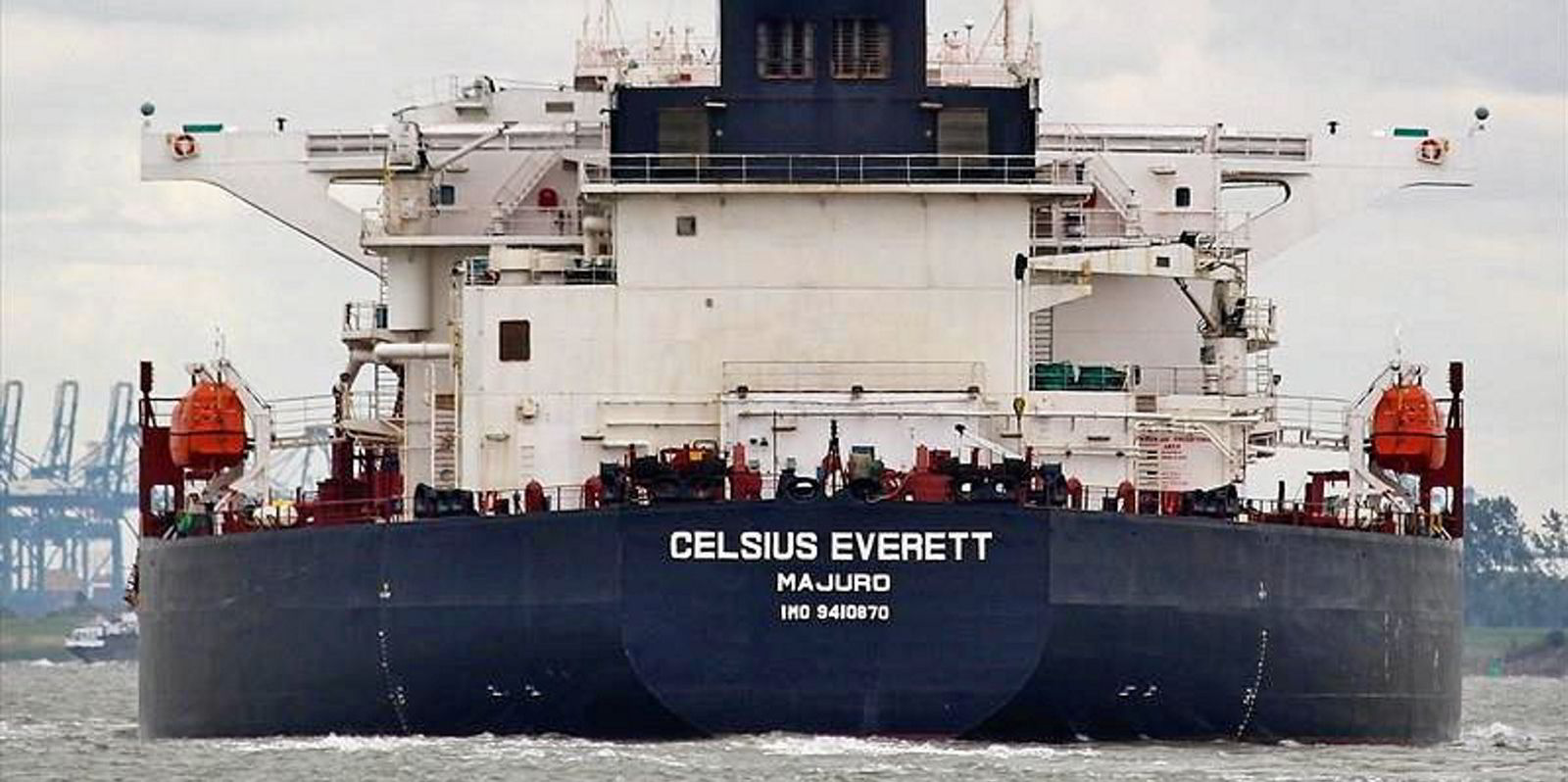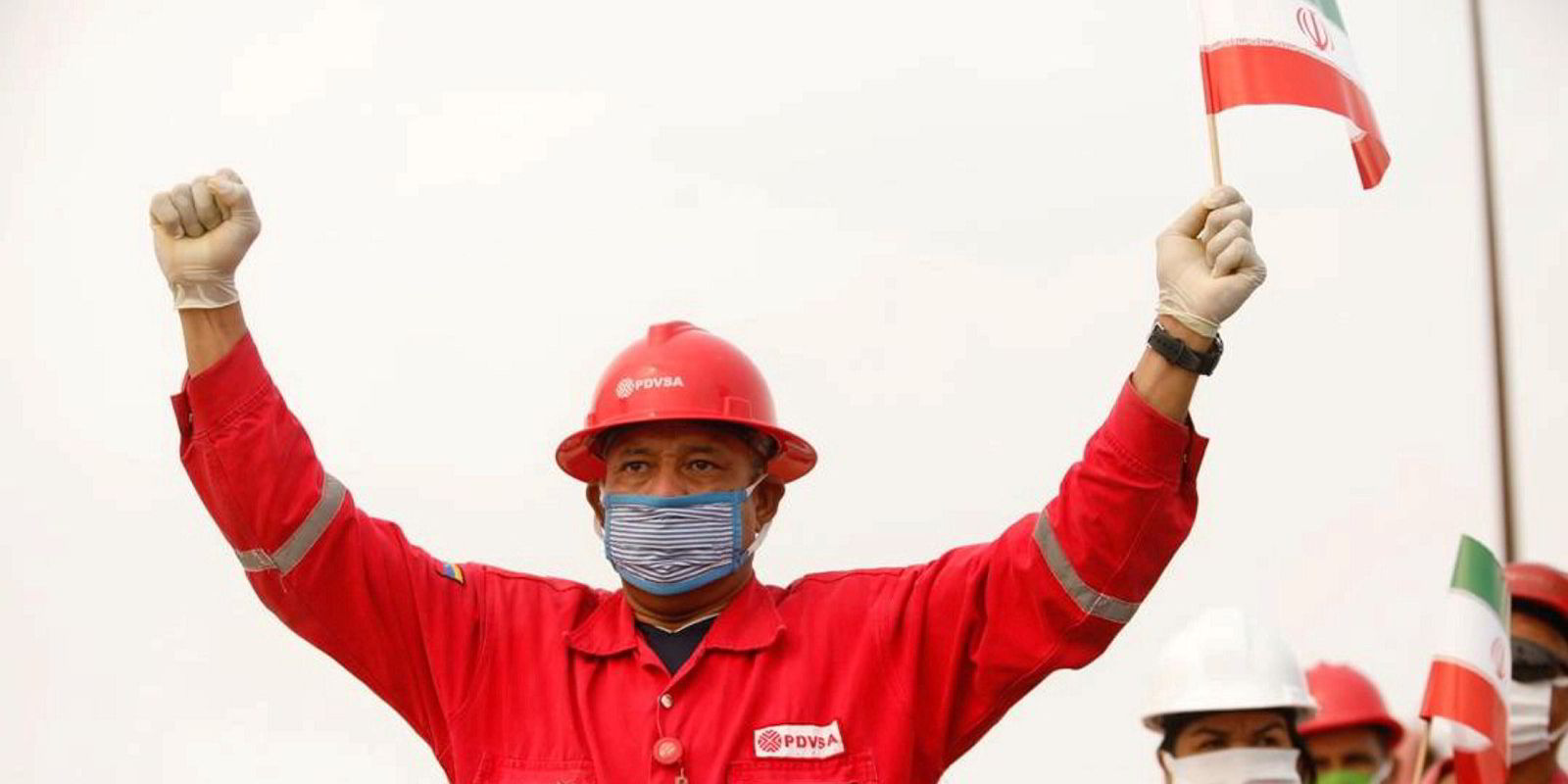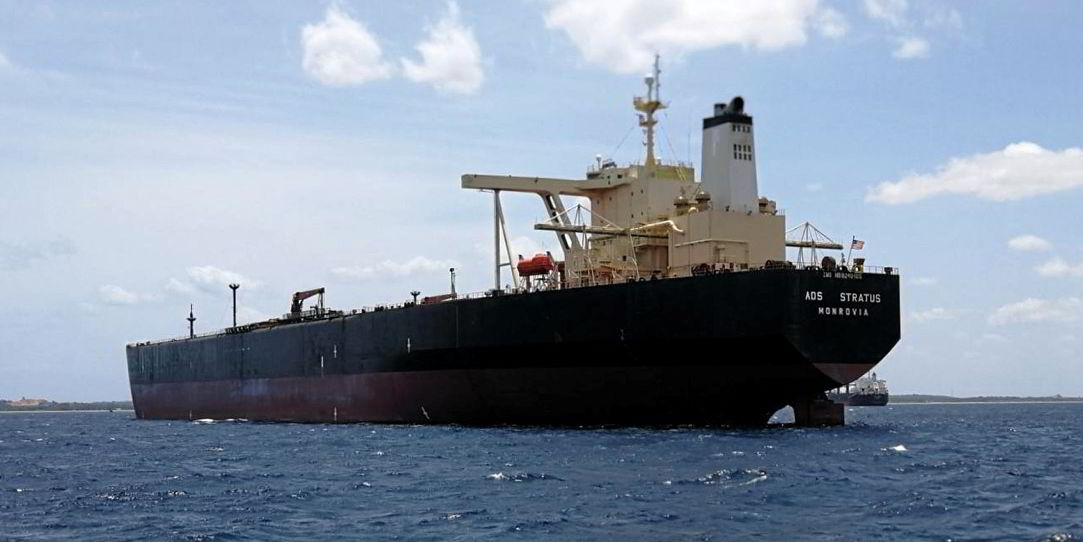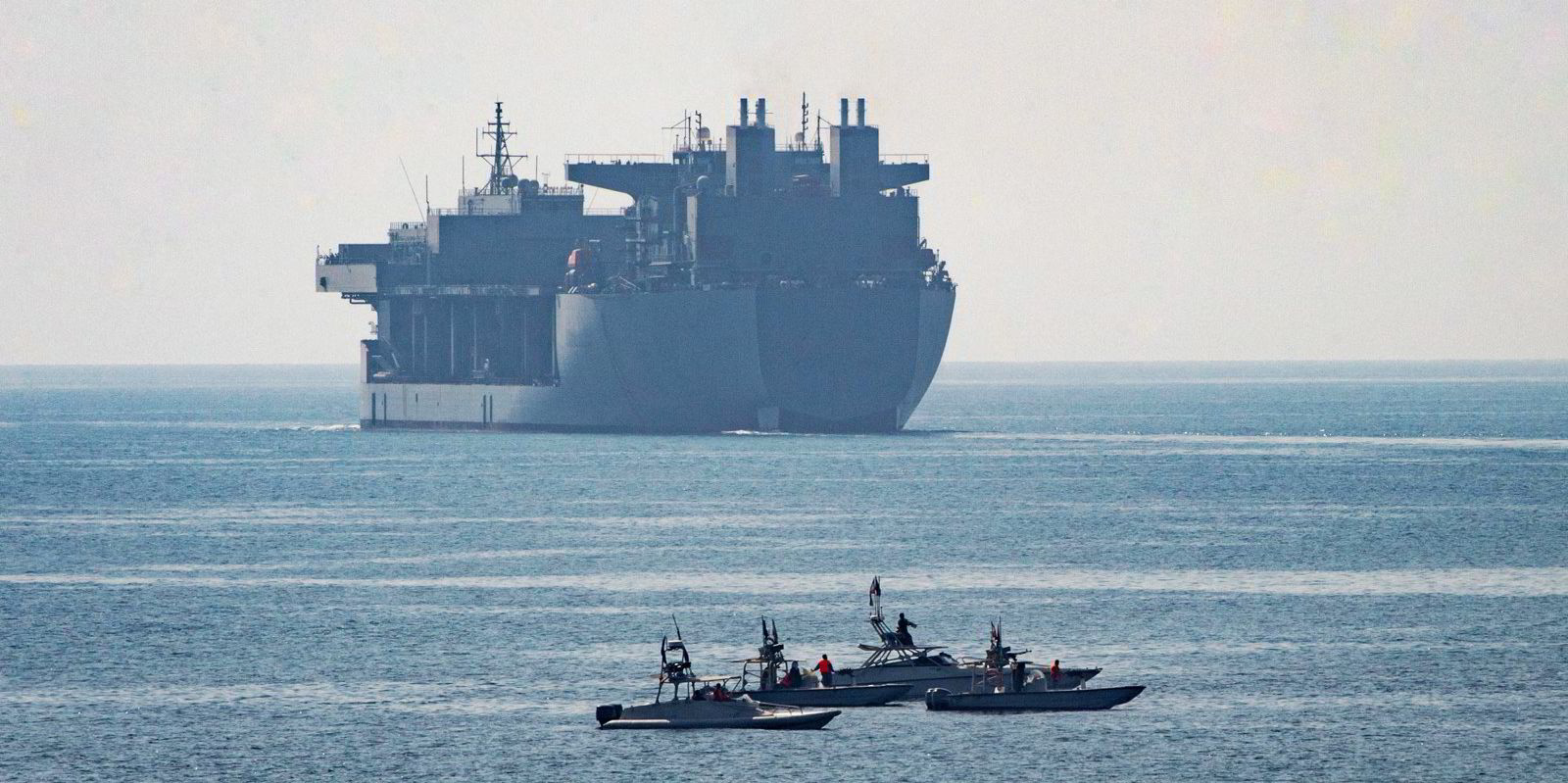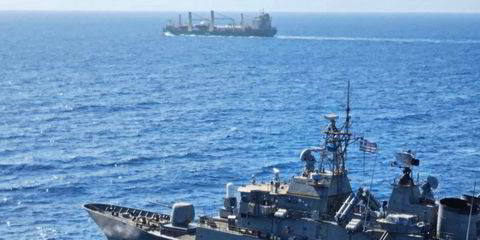Iran has elevated its game to evade US sanctions by targeting high-profile, reputable shipping companies, according to industry sources.
And the country is believed to be manipulating vessel-tracking data for its shipments.
Amid sanctions by Washington for much of the past decade, Iran's oil companies are well known to have opaque operations involving little-known counterparties to maintain their activities in the oil trade.
But Denmark's Maersk Tankers, one of the world’s largest commercial managers of product tankers, said one of its vessels was about to ship Iranian oil before a last-minute cancellation.
Celsius Shipping’s 113,000-dwt Celsius Everett (built 2008) — under the pool management of Maersk Tankers — was due to receive fuel from the 73,100-dwt Ocean Schooner (built 2000) in Malaysian waters on about 10 December, Kpler data showed.
The smaller ship is one of the 70 tankers identified by United Against Nuclear Iran, a US-based non-profit organisation, for transporting Iranian oil through clandestine operations between November 2019 and November 2020.
“As we became aware of allegations that the other vessel may be carrying sanctioned cargo, the [ship-to-ship] transfer was immediately halted and later cancelled,” Maersk Tankers told TradeWinds in an email.
The subsidiary of Danish conglomerate AP Moller Holding admitted there was “a human error” on its side before accepting the charter business, but it did not name the counterparty.
“As with all compliance measures, we continuously work to strengthen them further, which we have also done in this case,” Maersk Tankers said.
“We maintain a steadfast adherence to international sanction regulations and a commitment to ensure compliance runs through our daily vessel operations.”
TradeWinds has approached the Ocean Schooner’s commercial manager, Clara Shipping, for comment.
Venezuela teams up with Iran
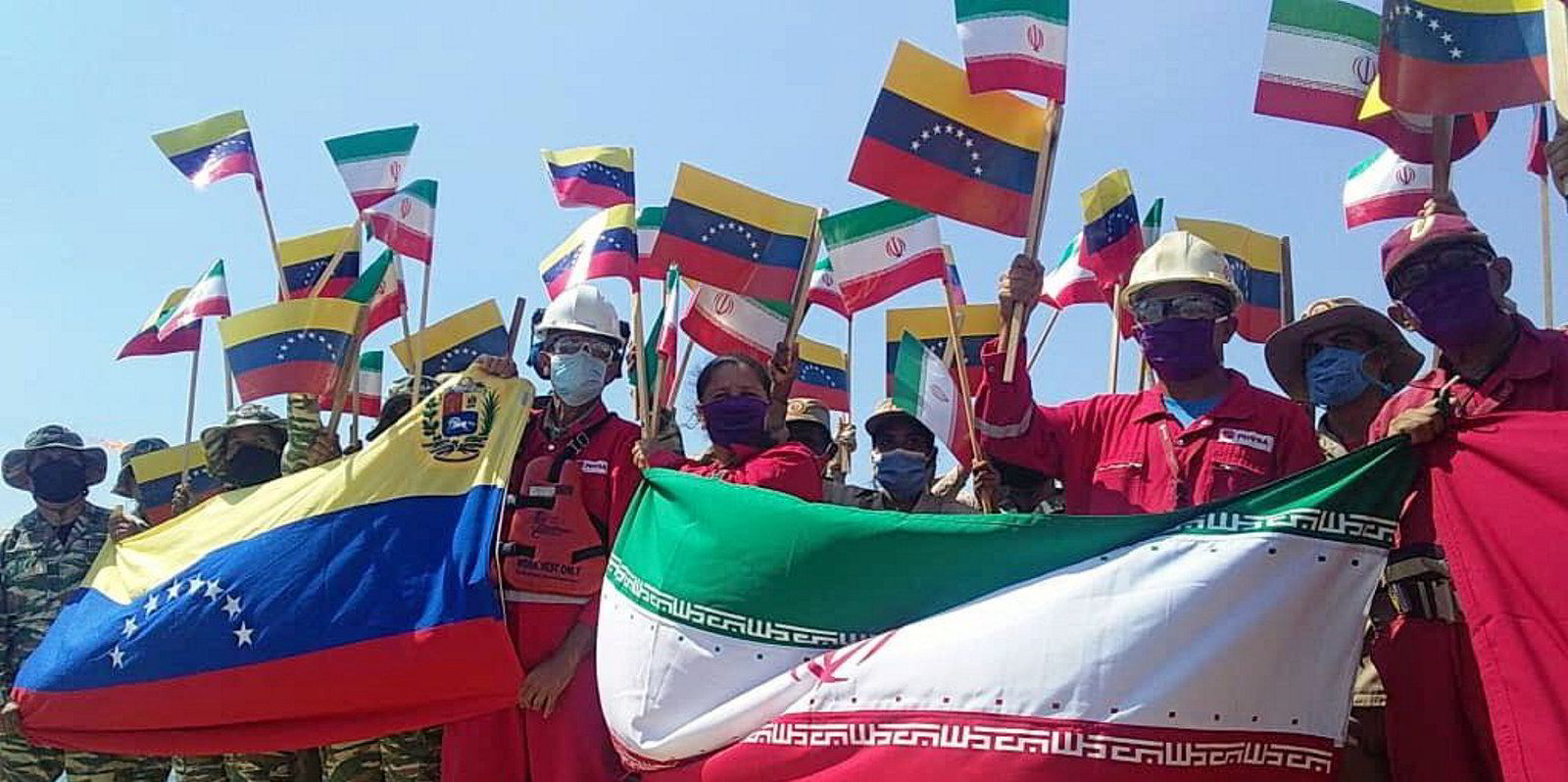
Maersk Product Tankers, a shipowning affiliate of Maersk Tankers, sold the 110,000-dwt Maersk Progress (built 2005) earlier this year before Kpler data showed the ship lifted crude from Venezuela last month.
There is no suggestion that the sale breached US sanctions. But lawyers have warned that if vessel sellers “knew or had reason to know” that their ships would lift crude from Venezuela after being sold, they could face sanction risks.
According to Maersk Product Tankers, all buyers of its ships are screened to ensure they are complying with sanctions regulations. Its standard sales terms prohibit its ships from being engaged in sanctioned activities, the company added.
Both under US sanctions, Iran and Venezuela have improved their bilateral trade this year by swapping Iranian fuel for Venezuela gold and crude.
New data manipulation techniques have emerged in an apparent effort to facilitate that trade.
Reuters and TankerTrackers reported that the Iran-chartered, 299,157-dwt Calliop (built 2002) arrived in Venezuela to lift oil in mid-December.
The two countries went a long way to disguise the ship’s true identity, with documents from state oil company Petroleos de Venezuela SA purposely showing the ship as the 301,620-dwt Ndros (built 1999), according to Reuters. Shipping databases suggested the Ndros was scrapped in 2018, as TradeWinds reported last week.
AIS data showed signals from the Calliop in the Gulf of Guinea and the National Iranian Tanker Co’s 317,500-dwt Sea Cliff (built 2013) in Venezuelan waters — both speculated to be falsified to confuse ship-tracking systems.
